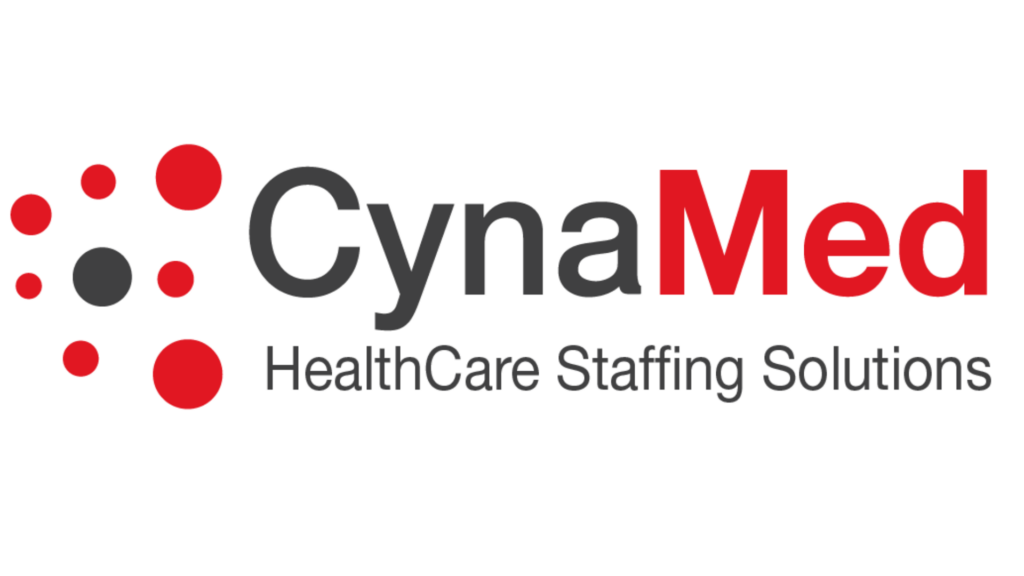Many in the medical community describe nursing as one of the most rewarding career paths you can choose. As a nurse, you get to make an impact in the community and enhance the quality of life for the patients you care for. Additionally, being an RN offers endless opportunities for personal and professional growth, career advancement, and travel. Depending on the work environment and area of medicine, a typical day in the life of an RN can be very fast-paced and high stress. However, a genuine sense of purpose often comes from the challenges.
Today we are going to talk about a day in the life of an RN in a skilled nursing facility. Firstly, this area of nursing is unique in that it focuses on transitional care. In short, RNs in this type of nursing environment have a very different scope of work compared to that of a nursing home or assisted living. Both of these healthcare settings are often confused with that of a skilled nursing facility. So, we will clarify the differences and discuss the role of an RN vs LPN in a skilled nursing setting.
Skilled Nursing & LPN vs RN
Many people confuse nursing homes and assisted living with skilled facilities. Oftentimes population demographics overlap in these areas, so it makes sense that it would be confusing. To clarify the differences, let’s define the various types of nursing environments.
1: Nursing Home
A nursing home is a permanent (or semipermanent) residence for seniors in need of 24/7 care— medical or non-medical. Normally elderly people with severe lack of mobility, diminished decision-making capacity, and health conditions that require constant monitoring make up the nursing home population.
2: Assisted Living Communities
Assisted living communities range from independent residents in a neighborhood setting to larger facilities where residents have private (or semi-private) rooms but share communal space. Fittingly, seniors that receive assistance with activities of daily living (ADL) but still have the capacity to handle most activities safely on their own make up most of this population.
3: Skilled Nursing Facility
A skilled nursing facility is a temporary residence for patients who are recovering from surgery or undergoing medically necessary rehabilitation treatment. For example, skilled nursing facility nurses care for stroke recovery victims, wound care, recovery and rehab post-op, terminal illness, severe cognitive impairment, and memory issues. These residents receive around-the-clock medical care from doctors, nurses, physical therapists, and speech therapists. Additionally, they usually need heavy assistance with most activities of daily living. However, it’s considered a transitional nursing setting. Above all, the goal is to move the patient back home or to another living arrangement after treatment at a skilled facility.
In many healthcare settings, the duties of an LPN vs RN overlap. RNs work independently. They tend to perform tasks that require a higher level of acuity and more education, training, and experience. LPNs are more limited in their scope of practice compared to that of an RN. However, they can work in collaboration with physicians and RNs to create and implement patient care plans and gain valuable experience in doing so. To summarize, here are the core responsibilities of an RN and LPN working in a skilled nursing facility:
Registered Nurse
- Assess patients
- Start IVs
- Distribute oral and IV medications
- Collect blood samples
- Perform physical exams
- Conduct various diagnostics tests
- Educate patients, their caretakers, or family members
- Collaborate closely with physicians to determine patient treatment plans
- Counsel patients
- Coordinate treatments with other healthcare professionals and specialties
Licensed Practical Nurse
- Collect, chart, and monitor vital signs
- Distribute oral medications as directed
- Check blood sugar levels
- Ambulate
- Assist with activities of daily living
- Advocate for patients
What are the Differences?
While both jobs are patient-centric, RNs and LPNs are legally permitted and qualified to perform different scopes of work. However, depending on the healthcare setting, many responsibilities can overlap.
If you are just starting a job hunt or are looking to make a change in your work scenery, you’ve come to the right place. With over 18 years in the healthcare staffing industry, CynaMed is one of the oldest and most experienced agencies in Pennsylvania. Simply put, we’ll put you right where you’re meant to be. We provide resources to connect you with your dream nursing job! CynaMed will help you on your way. Reach out to us today!






